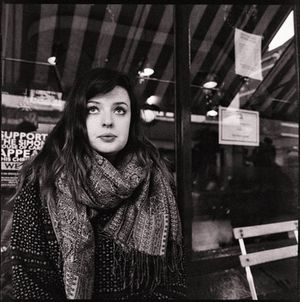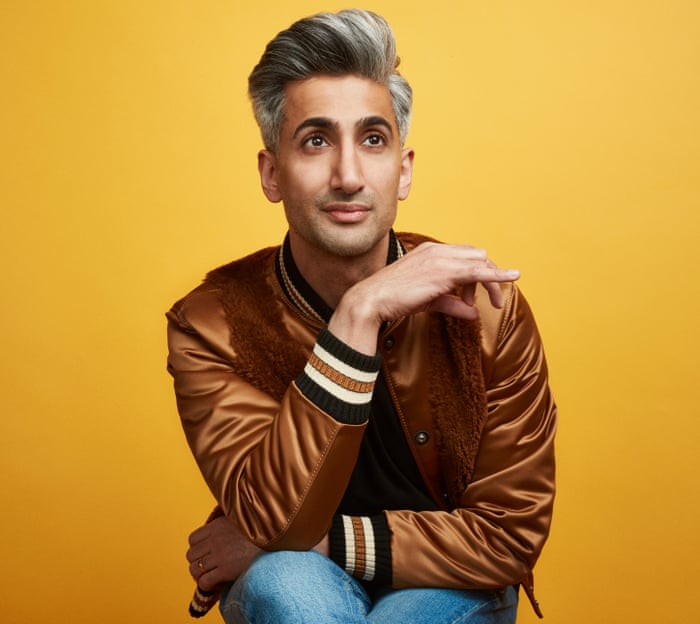




I’m very pleased to share a Q&A with Travis Rieder, the author of In Pain: A Bioethicist’s Personal Struggle with Opioids which came out yesterday (18th of June; Harper Books). Let’s get to the Q&A!
Q&A with Travis Rieder
BTP: First of all, thank you so much for taking the time out of your schedule to answer a few questions of mine! As you already know, I’ve very much enjoyed reading In Pain and found it to be well-researched as well as written and engaging. I’ve come up with a few questions that I find to be interesting and may relate to the book as well as some general ones.
Q: Did you always know you were going to write a book (become a writer) or was it something that came spontaneously?
A: That’s a hard question. I’ve loved to write since I was a kid, and I always kind of daydreamed about having something I wrote read by the general public. I idolize good writers, and have longed to publish a trade book for years. As a scholar, though, I’m not exactly trained for that. I spent many (many!) years in graduate school learning precision and rigor in writing, which can often lead to prose that is, well, boring. So I’ve successfully published for years, but I still didn’t consider myself a writer.
After my motorcycle accident, I slowly came around to the idea of writing a popular book. I didn’t go straight there, though. I wrote a well-regarded scholarly article, and eventually pitched the book to an academic press. They told me that I really should find an agent and pitch to a trade press, because my story—which I wanted to use to push along some important lessons about pain and opioids—was compelling enough to warrant wider distribution. So I ended up giving it a try.
To be honest, though, I was totally unsure it would ever happen. It seemed too far and too foreign. I’m completely thrilled that I eventually found my way and am getting to share this book with a bigger audience than academic publishing affords.
Q: How long did it take you to write this book? Did you find anything particularly challenging while writing it?
A: In some sense, I began writing In Pain while still in the hospital. Family and friends told me to record what was happening—maybe for pragmatic reasons (remembering facts that might be necessary when dealing with insurance, for example) and maybe for therapeutic reasons (it would help me to process my trauma). I’m very glad they did, as both were true. I would have forgotten nearly everything if I hadn’t done the writing, as both drugs and trauma are very good for erasing memories. It also did make me feel better to put on paper how I saw the events unfolding; it gave me a sense of control.
So if you date it from the hospital, it took about three years. The most active period, though, after I found an agent and then once we sold the book to HarperCollins, lasted about 15 months.
Q: I’m interesting in the process of writing In Pain, did you write it every day or did you take breaks?
A: Related to my previous answer: there were lots of breaks in the beginning, when I didn’t know who I was writing for (or even whether I would ever be willing to publicly share my story). Once I knew that the book would happen, and then even more when I negotiated deadlines with the publisher, I tended to write on a schedule. During the school year, when I was teaching and mentoring my graduate students, I wrote about 3-4 days per week—always at night, typically after my daughter and partner went to bed. 9pm-12pm was the time slot when the vast majority of the book was drafted. During the summer, I wrote every weekday—still at night, but adding early morning writing if I could carve it out from my other research.
Q: How did you find the research process for In Pain? Was it fun and interesting?
A: I absolutely adored every aspect of writing a book. It’s the most satisfying thing I’ve done in my professional life. The writing of my story was profoundly therapeutic; I feel like I took this pain and suffering, pulled it out of myself, and locked it into the pages. Turning in the final revisions felt like saying goodbye to self-pity. And the research aspect was just delightful fun. I got to think of how best to tell stories about the ideas I wanted to convey, which is not how academic writing happens. I would run drafts past my agent or editor, and they’d constantly say, “Travis, you’re being an academic in this section.” Looking to where they pointed, I’d immediately understand, and go back to the drawing board. I loved this process of finding the best way to communicate a complex idea, and every time I got feedback, I felt like I got closer to really being a writer.
Q: While reading In Pain I stumbled upon something – when you write examples for certain situations you use ‘she’ while generally people use ‘he’ when they write something like the following: If he goes to the clinic to take meds…Was this something that was intentional?
A: Yup. It’s a habit from my feminist intellectual upbringing. There’s absolutely no reason to use ‘he’ exclusively except for an invisible cultural framework that allows ‘man’ to stand in for ‘human’. In the very near future, I expect it will be nearly universally acceptable to use ‘they’ as a non-gendered singular pronoun, and then I won’t have to make a point of using the feminine. But until then, if the rules of writing require picking a gender, I’ll choose to counter the backdrop of patriarchal influence.
Q: I’m sure there are people who will be left with wanting more after reading In Pain, could you recommend some books with a similar topic?
A: Absolutely! In no particular order, and on various themes that my book deals with: Beth Macy’s Dopesick, Sam Quinones’s Dreamland, Maia Szalavitz’s Unbroken Brain, Barry Meier’s Pain Killer, Carl Hart’s High Price, Johann Hari’s Chasing the Scream.
Q: What are some of your favourite books and what are you reading at the moment?
A: Favorite books—what a hard question! I’d have to say Paul Kalanithi’s When Breath Becomes Air, Atul Gawande’s Being Mortal (along with most anything else he writes), everything David Sedaris, and on the fiction side, every single one of Kurt Vonnegut’s books.
At the moment, I’m reading Lloyd I. Sederer’s The Addiction Solution, Jonathan Metzl’s Dying of Whiteness, David Wallace-Wells’s The Uninhabitable Earth, and Trevor Noah’s Born a Crime. All very different books, and all good and interesting.
BTP: Thank you very much, Travis!
Travis: Thanks so much for reading and reviewing the book, and for inviting this Q&A—it’s been a real joy!
As I’ve mentioned at the beginning of this post – Travis’ book came out yesterday and it’s such a fascinating and well-researched one! I will leave a link to my review of his book here.

Add ‘In Pain: A Bioethicist’s Personal Struggle with Opioids‘ to your TBR: 
*Purchase ‘In Pain: A Bioethicist’s Personal Struggle with Opioids‘ here:
*Purchase ‘In Pain: A Bioethicist’s Personal Struggle with Opioids‘ with free international delivery here: 
**I am in no way compensated by these sites. I am simply sharing it so people can find this book easier.


Travis Rieder was born and raised in Indiana, after which he has slowly and steadily moved eastward. After completing his BA at Hanover College in southern Indiana, he moved to South Carolina to do an MA in philosophy. He then did a PhD in philosophy at Georgetown University before taking a faculty position at Johns Hopkins, where he currently teaches.
Travis’s writing is wide-ranging, but took a sharp turn in 2015 after a motorcycle accident and a traumatic experience with pain and pain management that resulted. Since that experience, he has worked to turn his intimate struggle with opioid painkillers into a research program and a mission to reduce harm from irresponsible prescribing. IN PAIN, published by HarperCollins in June 2019, combines his personal story with fascinating and disturbing facts about the history of pain and opioid use, the American healthcare system, and suggestions for how the tide can be turned on the interlocking epidemics of pain, opioids, and addiction.
Find him on: Website, Twitter and Goodreads.








































